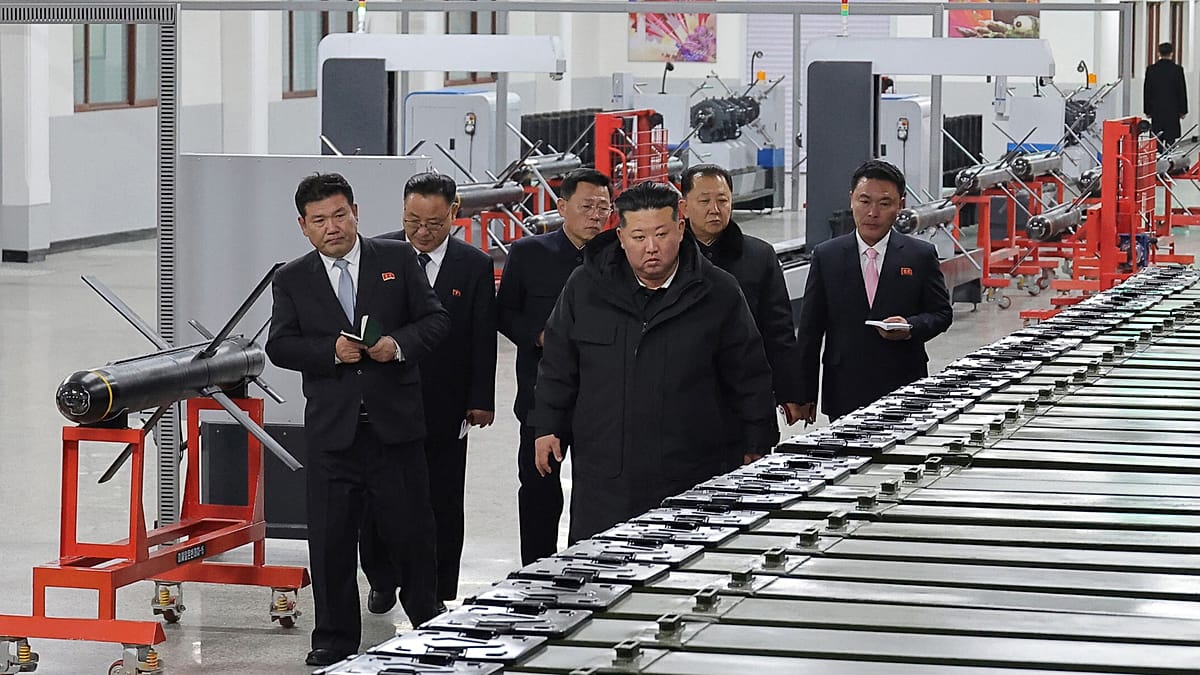Austria and Germany against a general EU ban on combustion engines

Vienna/Berlin (APA) – The planned ban on combustion engines by the EU Commission for cars and light commercial vehicles has prompted Austria’s Minister of Economic Affairs Wolfgang Hattmannsdorfer from the conservative ÖVP and his German counterpart Katherine Reiche (CDU) to take action: Both expressed their support for technological openness and the recognition of CO2-neutral fuels during a working meeting in Berlin regarding fleet targets, as reported by the Ministry of Economic Affairs in Vienna on Thursday.
Thus, both countries will represent a common position at the upcoming EU Council of Ministers in Brussels next Monday when it comes to the topic of EU fleet targets. With the fleet targets, the EU Commission has introduced binding CO2 limits for cars and light commercial vehicles. From 2035 onwards, no new cars with combustion engines are to be approved. In practice, this corresponds to a technology ban – even for combustion engines that could be operated with climate-neutral fuels. Moreover, there must be a certain degree of flexibility in the EU fleet targets, according to Reiche and Hattmannsdorfer.
The “Havana Problem”
The German Minister of Economic Affairs and her Austrian counterpart also warn of the so-called “Havana Problem”: If the sale of new vehicles with combustion engines is completely prohibited, there is a risk that existing vehicles will be used longer. This would come at the expense of newer, more environmentally friendly vehicles. The term “Havana Problem” is used in reference to the long use of old cars in Cuba due to the US embargo.
However, one should also consider the lifecycle of a vehicle, according to Reiche and Hattmannsdorfer. Not only emissions but also environmental impacts during production and disposal could be taken into account. “Only with a lifecycle assessment can we create fair conditions, climate protection, and competitiveness,” said Hattmannsdorfer.
Moreover, Hattmannsdorfer, as Minister of Economic Affairs, likely also has the economic significance of the automotive industry in mind: In Austria, more than 300,000 jobs are dependent on the sector, which contributes around 8 percent to the country’s economic output. (25.09.2025)





















































